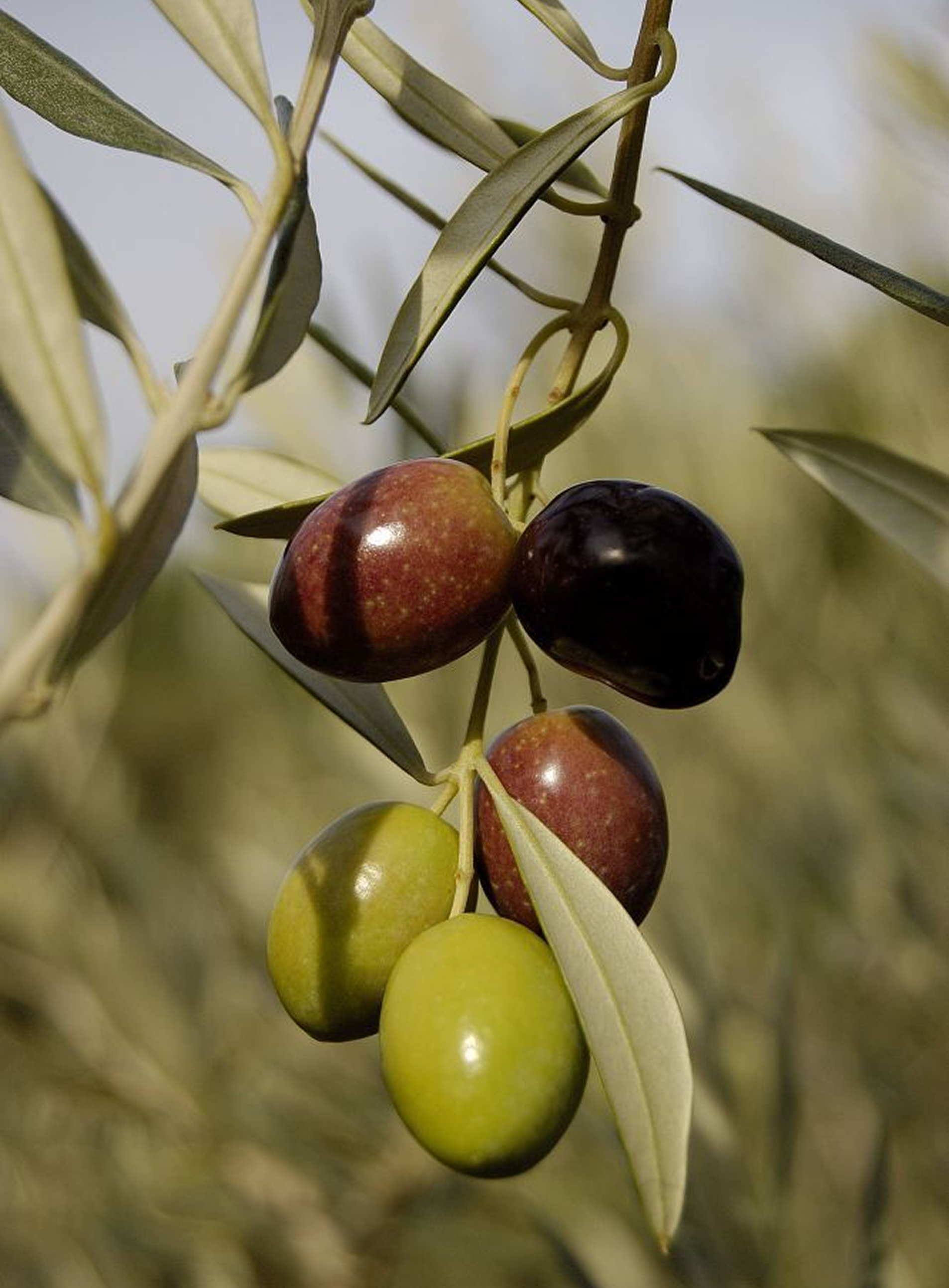
6 Brands That Practice Regenerative Agriculture
Have you heard of regenerative agriculture? It’s an alternative to modern-day industrial agriculture. In 2020, industrial agriculture accounted for roughly 11.2% of greenhouse gas emissions in the United States. The enormous scale of this industry adversely affects the environment; the usage of nitrogen-based fertilizers produced via fossil fuels, manure and methane pollution, and farming equipment emitting carbon dioxide all contribute to climate change. A part of the solution is regenerative agriculture, which puts resilience at the core of its goal.
While there are many definitions and applications of regenerative agriculture, it involves practices such as reduced tillage, integrated crop-livestock systems, low or no external inputs, no synthetic pesticides or fertilizers. Important goals of regenerative agriculture include improving soil health, farm productivity, biodiversity, and water health. This concept, however, is not new. Indigenous populations have been practicing land management that focuses on maintaining the overall health of the land on which food and fiber crops are grown. These principles are crucial to maintaining the overall health of the ecosystem so we can ensure food security for generations to come.
How do regenerative agriculture practices actually impact the environment? Evidence suggests that when regenerative farming methods were put into practice in the U.S. midwest, they were able to mitigate some of the harm caused by industrial methods. Some examples are:
Improved water quality: The use of cover crops, which are crops that are planted in bare fields to protect the soil, decreased nitrate and phosphorus runoff by at least 30%.
Reduced greenhouse gas emissions: Zero tillage, which refrains from disturbing the topsoil before planting new crops, increased carbon storage within the soil by 11.77%, decreased methane emissions by 9.71%, and lowered N2O emissions by 11.68%.
Increased crop yields: Nutrient management in the form of split fertilization, which is when fertilizer is applied to a crop several times throughout a growing season rather than once at the beginning, increased corn yields by 10%. The ultimate goal is to strategically use fertilizers to improve soil health through nutrient management so that they can eventually be phased out.
Regenerative agriculture is also a topic of interest in the fashion industry. Textile manufacturing is notorious for the heavy environmental impact, from growing the fibers on arable land to processing and finishing the textiles. It is estimated that textile production is responsible for about 20% of global clean water pollution from dyeing and finishing products. It’s not easy for companies to reconfigure their supply chains overnight. Nevertheless, with increased interest and demand from consumers, we can collectively work together to protect the environment.
So, how can consumers be a part of this movement? Keep an eye out for brands that are transparent about mindfully sourcing their materials from regenerative farms. Check out these 6 food, fashion, and beauty brands that make it their mission to take care of the land and challenge the status quo. Learn more about how these brands are sustainable on the ConsiderBeyond app.
1. Alter Eco
Instagram | @altereco_foods
Based in | United States
Shipping | United States
Certifications | B Corp, USDA Organic, Fair Trade, Climate Neutral Certified
Alter Eco creates food for the mind, body, and soil. Their chocolate bars, truffles, quinoa, and granola are made with high-quality organic ingredients sourced from small-scale, fair trade farms that practice regenerative agriculture. In addition, their products use recyclable or compostable packaging to limit waste.

2. Moonshot Snacks
Instagram | @moonshotsnacks
Based in | United States
Shipping | United States
Certifications | USDA Organic
Moonshot Snacks creates delicious, carbon-neutral crackers that are made with regeneratively grown heirloom wheat and sunflower oil and refrains from using any added sugar or artificial preservatives. They source ingredients that are traceable to the field and farmers who practice regenerative agriculture practices, cultivating organic and nutrient-dense snacks and a healthier planet.

3. Patagonia Provisions
Instagram | @patagoniaprovisions
Based in | United States
Shipping | United States
Certifications | B Corp, 1% for the Planet, Fair Trade, USDA Organic
Patagonia Provisions is on a mission to regenerate organic agriculture with biodiversity. They sell over 30 organic foods that are sourced from farmers, fishermen, and researchers who use regenerative practices that restore the environment.

4. ARMED ANGELS
Instagram | @armedangels
Based in | Germany
Shipping | Worldwide
Certifications | GOTS, PETA-Approved Vegan, Responsible Wool Standard, Fair Trade
ARMEDANGELS takes responsibility for protecting the environment by only using sustainable and regenerative materials, such as cotton, wool, cellulose. Through their Take Back program, they recycle old cotton T-shirts and denim into a new product, promoting circular economy.
Shop ARMED ANGELS

5. Christy Dawn
Instagram | @christydawn
Based in | United States
Shipping | Worldwide
Certifications | GOTS, PETA-Approved Vegan, Responsible Wool Standard, Fair Trade
Christy Dawn creates timeless vintage-inspired pieces using upcycled and organic fabrics. Their dresses are sourced from deadstock fabric or regenerative organic cotton. Launched in partnership with Oshadi Collective, the Farm-to-Closet Initiative includes regenerative cotton farming with local craftsmen.

6. DAMDAM
Instagram | @damdamtokyo
Based in | Japan
Shipping | Worldwide
DAMDAM is clean skincare born from Japanese craftsmanship and time-honored plant ingredients. The line is minimal, made up of 100% natural ingredients that have high efficacy without causing irritation. Key ingredients are sourced from local farmers who practice regenerative farming, working to restore abandoned ancestral farmland.

If you are interested in discovering more conscious brands, check out our Brand on Our Radar - ConsiderBeyond Directory, where you can discover sustainable brands from all over the world curated by ConsiderBeyond. Through the ConsiderBeyond App (IOS and Android), you can find local brands in your area or easily look for conscious brands during your travels! We actively aim to empower our Conscious Community members to keep learning more about conscious products and lifestyle tips through the ConsiderBeyond Newsletter where you can receive recommendations directly to your inbox twice a month!



.jpg)



